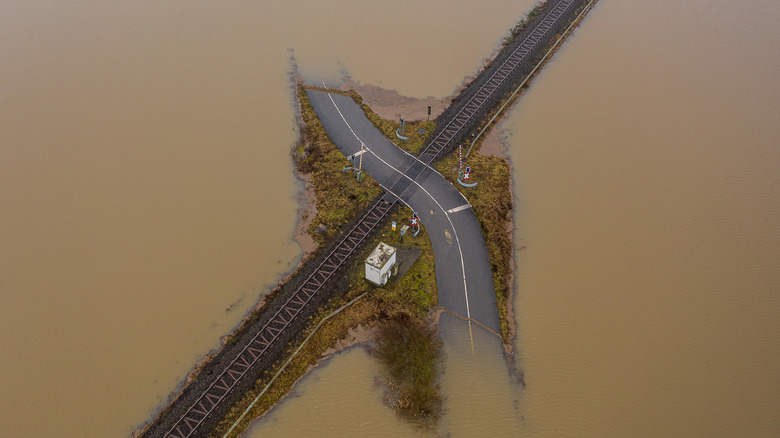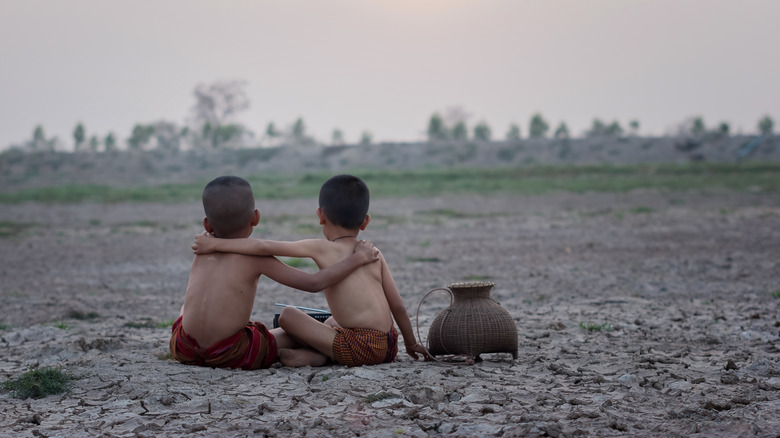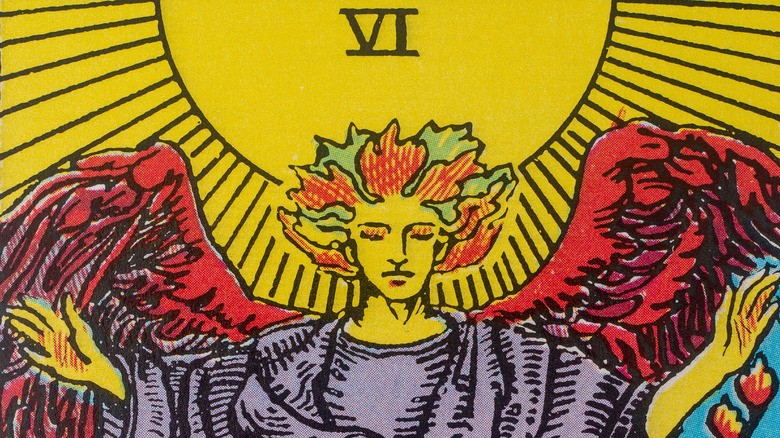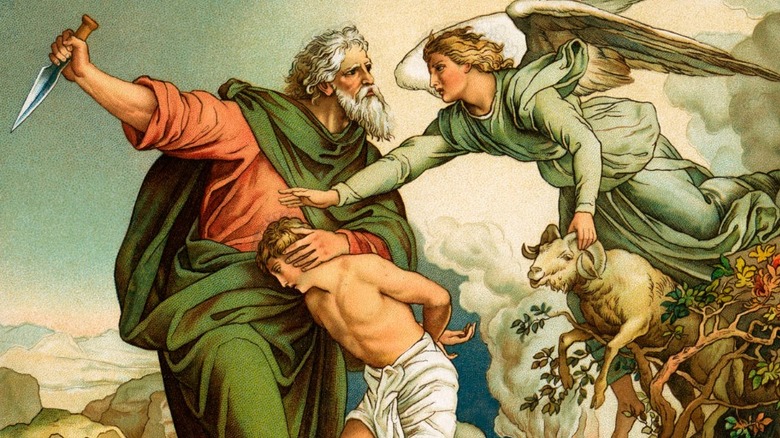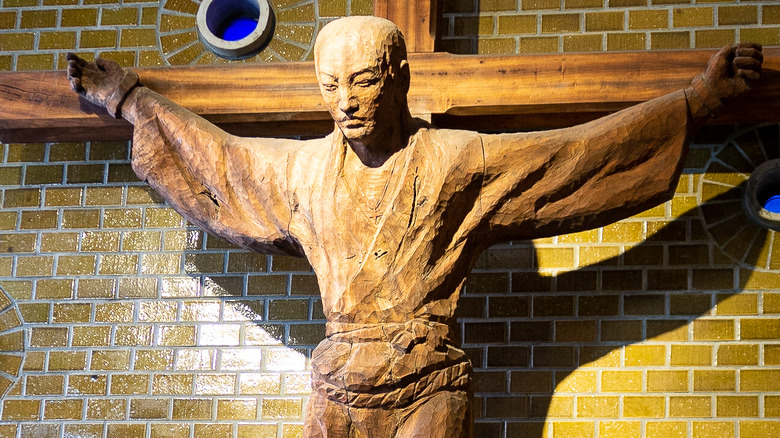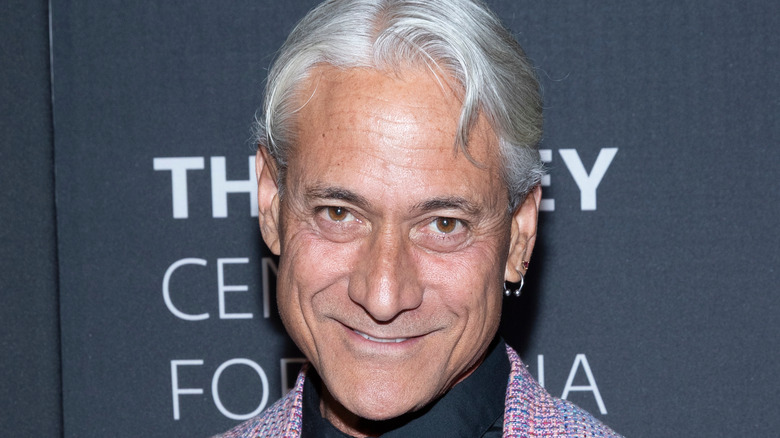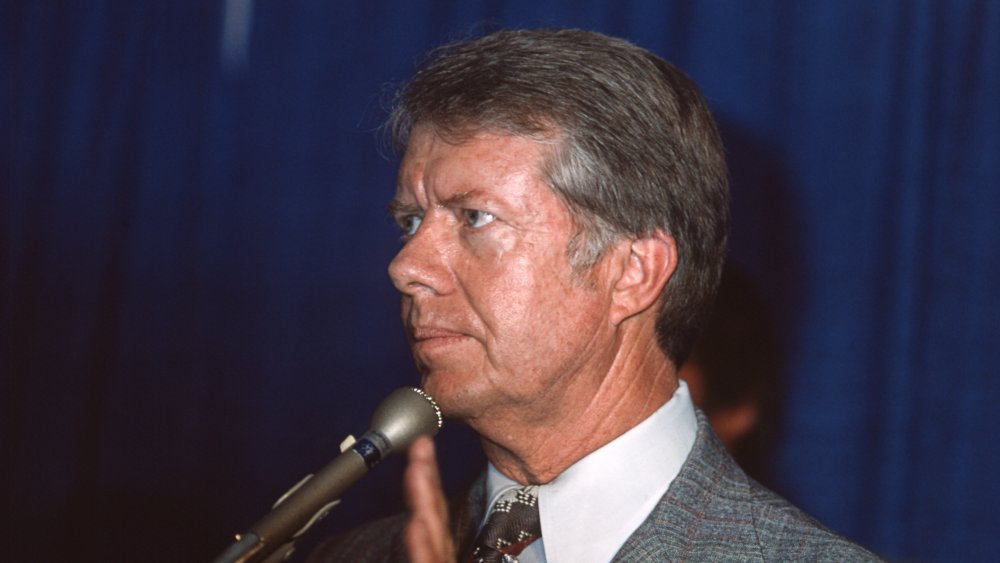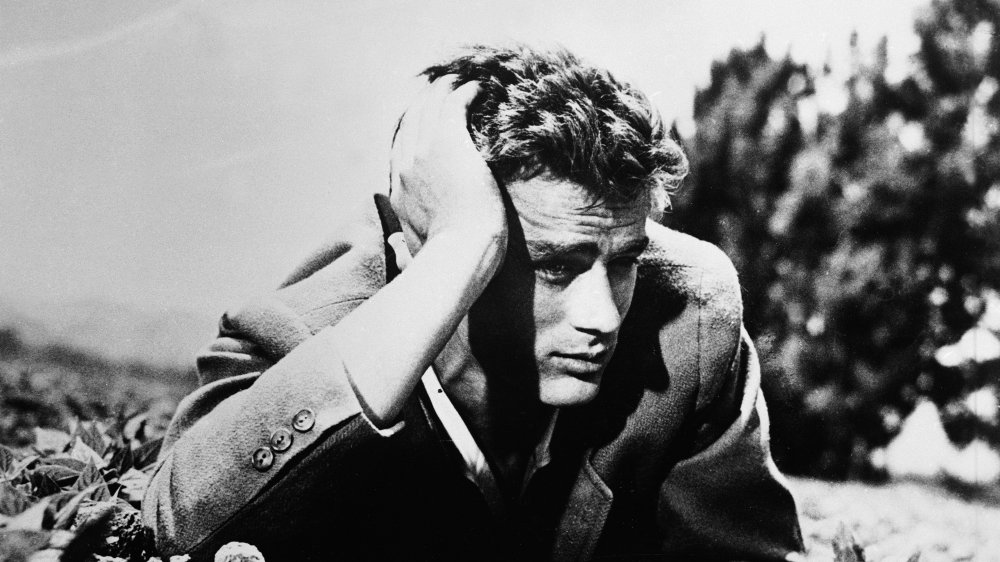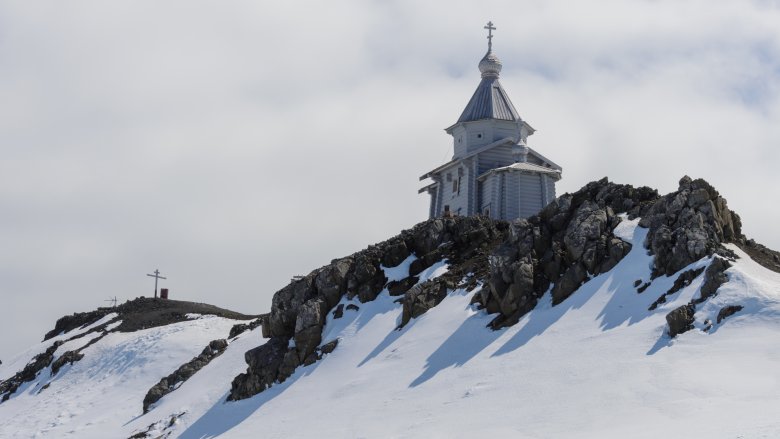
Why Some Believe 2050 Will Spell The End Of The World As We Know It
If we’ve learned anything during the coronavirus pandemic, it’s that things that we thought would likely never happen in our lifetime can and will. The so-called “end times” have long been the focus of stories in genres ranging from science fiction to religious texts. But according to a 2019 paper called “Existential climate-related security risk: A scenario approach” published in the National Centre for Climate Restoration in Australia, something akin to the end of the world as we know it is the most likely scenario they see by 2050. At least, if drastic measures are not taken by policymakers to curtail the rate of climate change.
The paper’s authors wrote that they wanted to hypothesize a possibility rather than a probability because, as they say, probabilities rely heavily on what is known from history, and there isn’t history that matches the current situation. The Earth is hotter than it’s been since humans have been living on it, there are more greenhouse gases in the atmosphere, and nearly 8 billion human beings are vying for the planet’s resources. The unique situation called for a look at a worst-case scenario take, they wrote, in which “accelerating climate change impacts pose large negative consequences to humanity which might not be undone for centuries.”
Gloom and doom, indeed. Or, in the words of the authors, climate researcher David Spratt and former fossil fuel executive Ian Dunlop, “outright chaos.”
Food shortages, mass migrations, and ecosystem losses, oh my!
In David Spratt and Ian Dunlop’s scenario, there is a basic breakdown of many of the systems in place that humans rely on for food. All are caused by weather catastrophes such as severe drought, floods, wildfires, and long stretches of extreme heat that make some areas where people live uninhabitable, displacing billions of people. According to Dunlop and Spratt, mass migrations would destabilize governments, there would be armed conflict over resources, and nuclear war is a real possibility. Oh yeah, and they say there could easily be more pandemics amongst all the mayhem.
The authors say ecosystems including the Amazon rainforest, the Arctic, and the ocean’s coral reef systems could all collapse by 2050. While this all sounds extreme, it’s Spratt and Dunlop’s argument that this scenario is a very real possibility. However, they claim many scientists deliver the information with kid gloves, downplaying the severity of the track humanity is on.
According to the paper, a theory called “hot house Earth” could come into play at just a 2 degree Celsius increase in global temperature, “in which system feedbacks and their mutual interaction could drive the Earth System climate to a point of no return, whereby further warming would become self-sustaining.” That sounds bad. Not to mention the rate at which humans would be losing their ever-loving minds, delving even deeper into various and opposing belief systems to try to make sense of the chaos, causing more conflict. Smoke ’em if ya got ’em, folks.
But wait. There is still hope. Maybe.
In theory there is hope, in practice — we'll see
According to the paper, we have about a decade to get it together to avoid David Spratt and Ian Dunlop’s scenario. They wrote that we are utterly ill-prepared to deal with the kind of climate change that we are headed for if we stay on our current course regarding global carbon emissions.
The authors say the goal is to avoid “the prospect of a largely uninhabitable Earth [that] leads to the breakdown of nations and the international order,” which they posit could easily happen within the lifetimes of Gen X, millennials, Gen Z, and beyond. They implore current policymakers, plenty of whom are older Americans, to rise to the occasion. They say what’s needed is a “near-term, society-wide, emergency mobilization of labor and resources, of a scale unprecedented in peacetime, to build a zero-emissions industrial system and draw down carbon to protect human civilization.”
If there is anything else we learned from the coronavirus pandemic, though, it’s that even in the face of a public health crisis, people can’t or won’t work together. Distrust in science doesn’t bode well for a change, as plenty of Americans don’t believe the rapidly changing climate is caused by human activity, or don’t care, according to The Climate Chat.
History has shown that there are very few times when all people agree to work together for the common good. If we are making predictions based on history, we’ll just plan on seeing you at the Thunderdome.
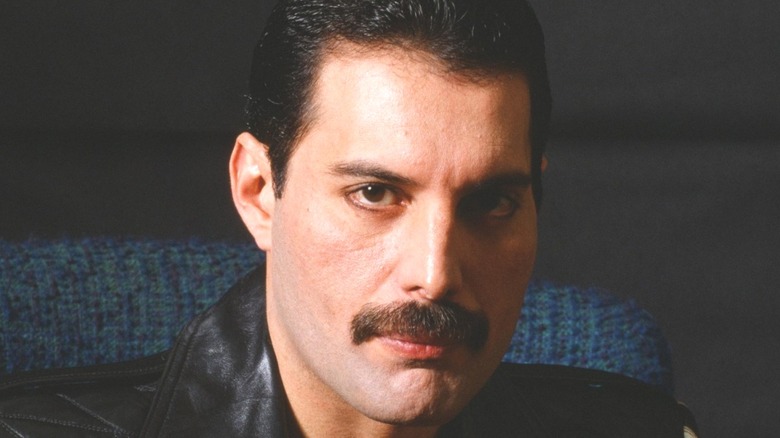
The Truth About The Asteroid Named After Freddie Mercury
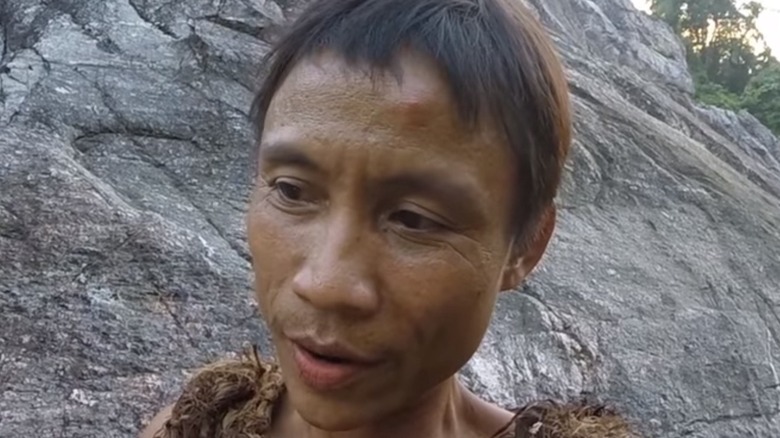
The Tragic Death Of Vietnam's Real-Life Tarzan
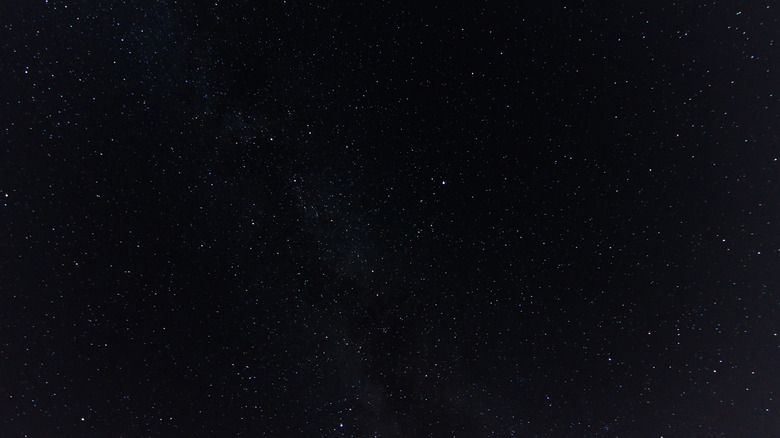
Why Scientists Still Can't Explain Dark Matter

The Spiritual Meaning Behind The Three Wise Men's Gifts To Jesus

Here's How Your Eyes Constantly Deceive You
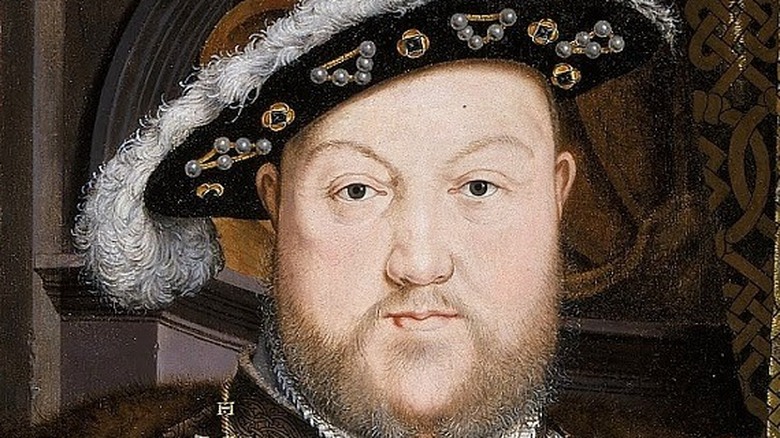
The Tragic Death Of Henry VIII's First Son
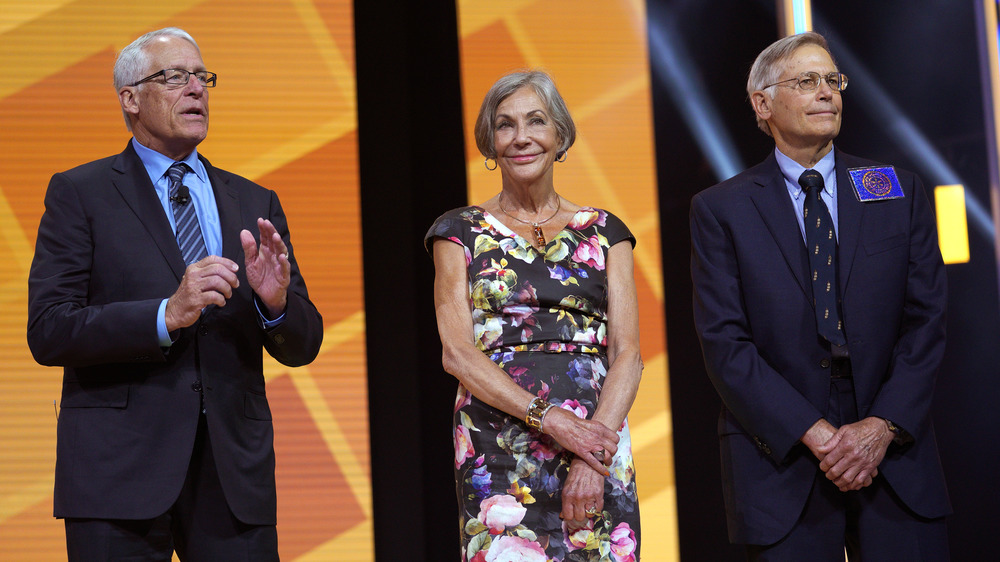
How The Richest Family In America Got So Rich

Survey Reveals The Historical Figure People Would Most Want To Swap Lives With
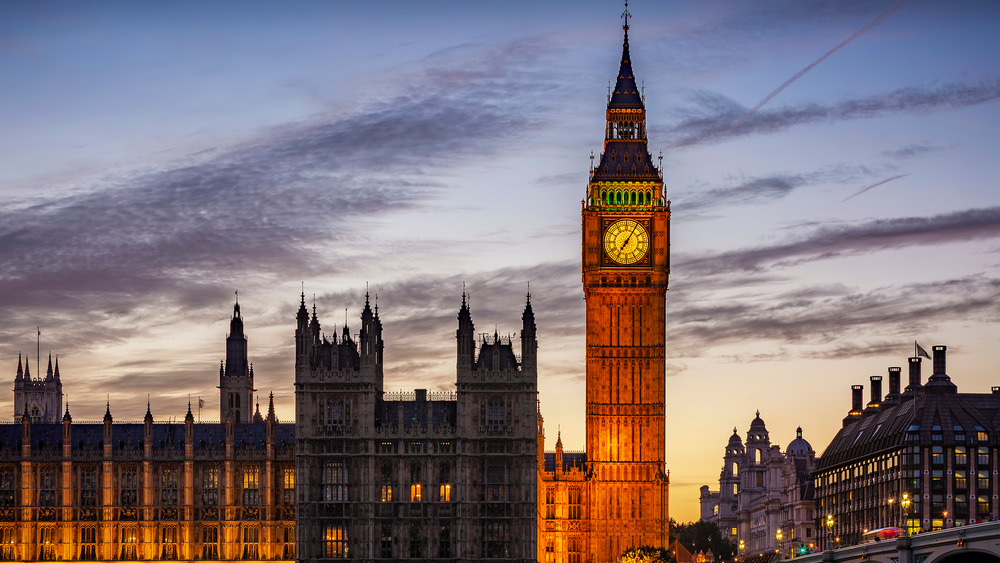
Why Big Ben Almost Didn't Exist
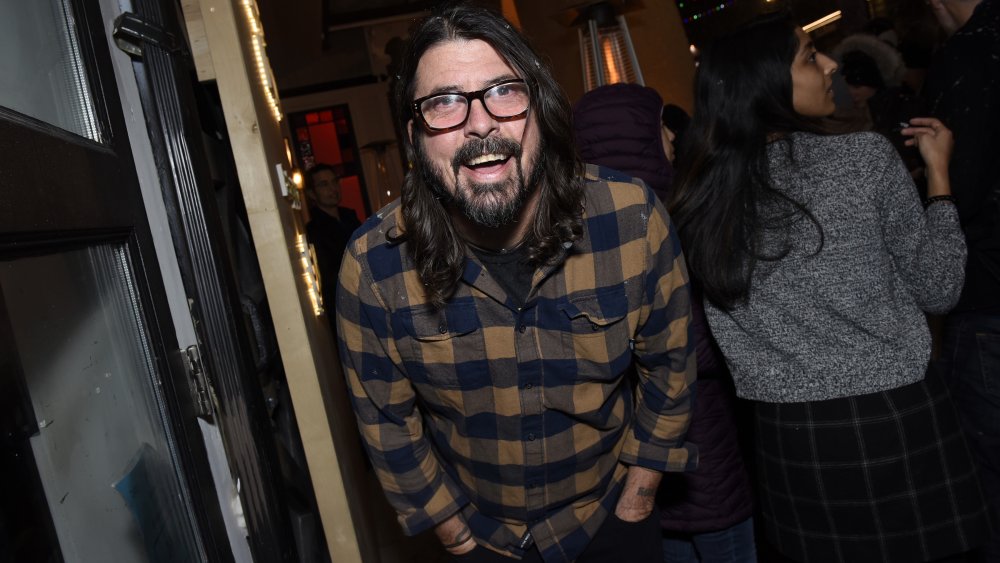
The Bizarre Job Dave Grohl Had Before Music
